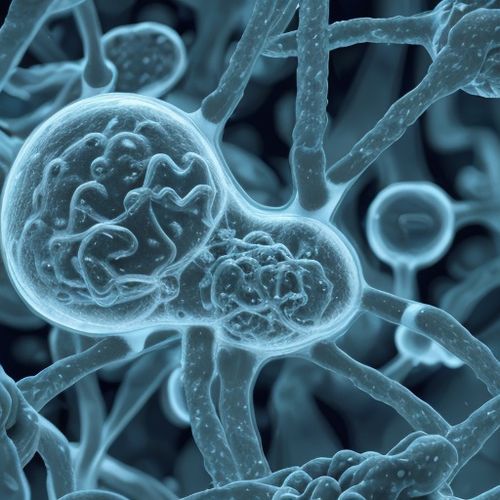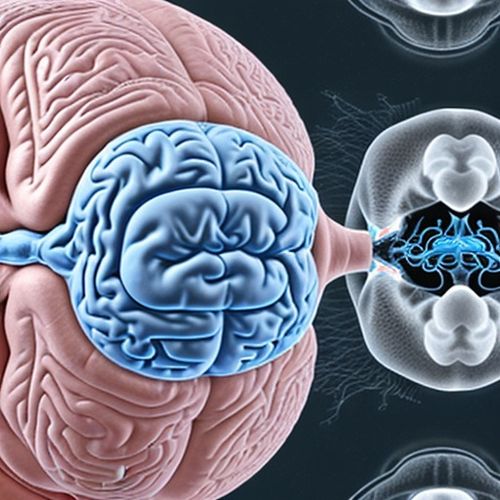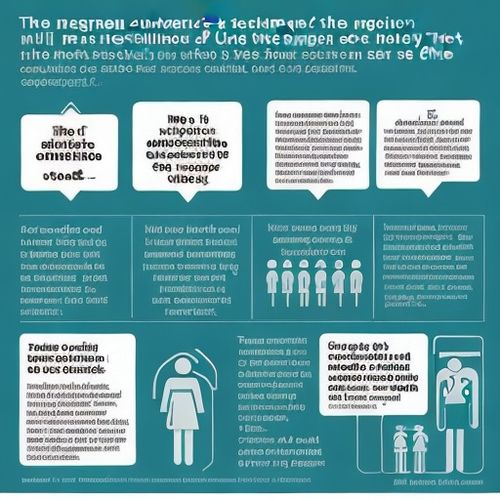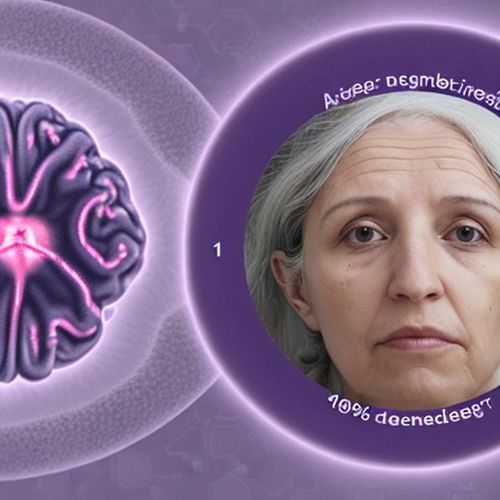In a groundbreaking development for neurodegenerative disease research, scientists have unveiled a new blood test capable of detecting early-stage Alzheimer's disease with 95% accuracy. This revolutionary approach could transform how we diagnose and intervene in Alzheimer's, offering hope for millions at risk of this debilitating condition.
The test identifies specific protein biomarkers associated with Alzheimer's pathology years before symptoms emerge. Unlike current diagnostic methods that rely on expensive PET scans or invasive lumbar punctures, this blood-based method is minimally invasive, cost-effective, and potentially scalable for widespread clinical use.
What makes this breakthrough particularly significant is its ability to detect the disease during the preclinical phase. Researchers emphasize that early detection is crucial because Alzheimer's brain changes begin decades before memory loss becomes apparent. By the time symptoms manifest, irreversible neuronal damage has already occurred.
The science behind the test focuses on phosphorylated tau proteins and amyloid beta fragments - two hallmarks of Alzheimer's pathology. These proteins accumulate abnormally in the brains of affected individuals. The new assay can detect minute quantities of these biomarkers in blood plasma with remarkable precision.
Clinical trials involving thousands of participants across multiple research centers have validated the test's reliability. In one landmark study, researchers compared blood test results with amyloid PET scans and cerebrospinal fluid analyses. The blood test demonstrated comparable accuracy to these gold-standard methods while being far less invasive and expensive.
Neurologists are particularly excited about the potential impact on patient care. "This could revolutionize our approach to Alzheimer's," explains Dr. Sarah Chen, a leading dementia specialist. "With early detection, we can implement lifestyle interventions and emerging therapies at a stage when they're most likely to be effective."
The test's development comes at a critical time in Alzheimer's research. Several disease-modifying drugs are currently in late-stage clinical trials, but their effectiveness depends on early intervention. A reliable, accessible diagnostic tool could help identify ideal candidates for these therapies before significant brain damage occurs.
Beyond clinical applications, the blood test could accelerate Alzheimer's research by facilitating participant selection for clinical trials. Currently, recruiting suitable candidates for prevention trials is challenging and expensive. Researchers spend significant resources screening potential participants through costly imaging procedures.
While the scientific community celebrates this advancement, experts caution that challenges remain. Standardizing the test across different laboratories and populations will be essential. There are also important ethical considerations regarding early diagnosis of a currently incurable disease.
The test's developers anticipate it could become clinically available within the next three to five years, pending regulatory approval. They envision it being used initially in memory clinics and eventually in primary care settings for high-risk individuals.
This breakthrough represents a significant step forward in the fight against Alzheimer's disease. As research continues, scientists hope this diagnostic tool will pave the way for more effective treatments and ultimately change the trajectory of this devastating condition that affects nearly 50 million people worldwide.
The economic implications are equally profound. Alzheimer's care currently costs global healthcare systems hundreds of billions annually. Early diagnosis could significantly reduce these costs by enabling timely interventions that delay disease progression and institutionalization.
Patient advocacy groups have welcomed the news with cautious optimism. "While we're excited about this development, we must ensure equitable access and proper counseling accompanies testing," notes Michael Johnson of the International Alzheimer's Alliance. "Patients need support in understanding results and available options."
Researchers are now working to refine the test further, aiming to push accuracy even closer to 100%. Parallel efforts focus on developing similar blood tests for other neurodegenerative conditions, potentially creating a new paradigm in neurological disease diagnosis.
As the global population ages, the need for accessible, accurate Alzheimer's diagnostics becomes increasingly urgent. This blood test breakthrough offers a promising solution that could transform millions of lives while advancing our understanding and treatment of this complex disease.

By Victoria Gonzalez/Apr 10, 2025

By Joshua Howard/Apr 10, 2025

By Noah Bell/Apr 10, 2025

By Emily Johnson/Apr 10, 2025

By Eric Ward/Apr 10, 2025

By Megan Clark/Apr 10, 2025

By Samuel Cooper/Apr 10, 2025

By Daniel Scott/Apr 10, 2025

By Emma Thompson/Apr 10, 2025

By Rebecca Stewart/Apr 10, 2025

By Lily Simpson/Apr 10, 2025

By John Smith/Apr 10, 2025

By John Smith/Apr 10, 2025

By Samuel Cooper/Apr 10, 2025

By John Smith/Apr 10, 2025

By Rebecca Stewart/Apr 10, 2025

By Joshua Howard/Apr 10, 2025